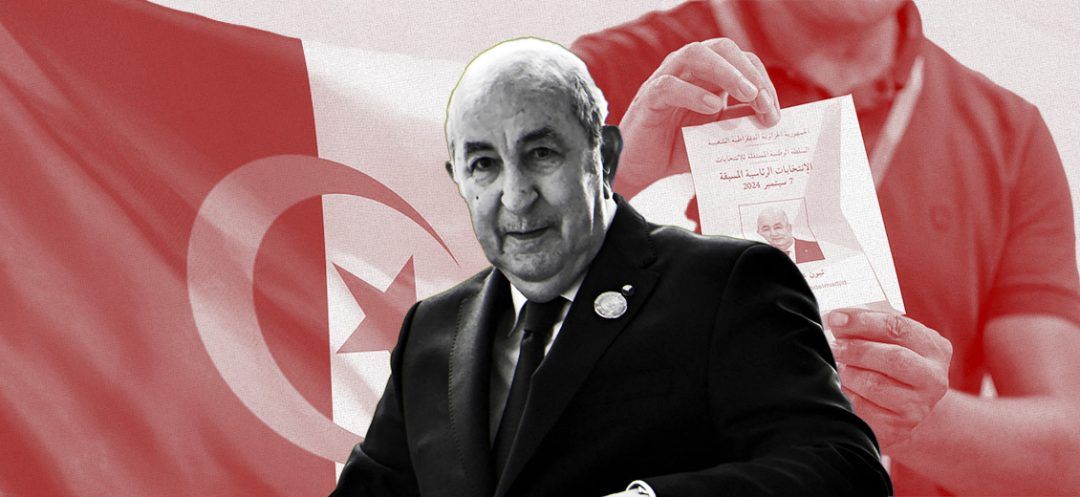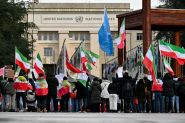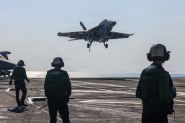- Home
- Middle East
- Algeria Under Tebboune Again: Tough, but Surmountable Challenges

The result of the Algerian presidential elections was almost a foregone conclusion, with President Abdelmadjid Tebboune re-elected for a second term. He received 94.65% of the votes – a high percentage that raised doubts among some, considering it is reminiscent of the overwhelming victories often seen in authoritarian regimes. However, the Independent National Electoral Authority confirmed the legitimacy of the election, whose outcome did not disappoint the political and media expectations that preceded the electoral process.
The re-elected president may be able to govern more freely during his new term, as part of his first term was spent establishing his popular legitimacy. He was elected in the aftermath of the COVID-19 pandemic, which imposed new rules on political and national life worldwide. He also came to power following the 2019 popular movement, which led to the ousting of former President Abdelaziz Bouteflika, who, despite severe health problems, repeatedly ran for the presidency.
Gradually, however, President Tebboune has managed to build his popularity, particularly since he has not faced any significant opposition from the military, which holds a strong presence in Algerian life. He has made a number of decisions that have bolstered his standing, such as exempting young people from debts and providing unemployment benefits that profited around 1.5 million young men and women.
The financial surpluses from increased European demand for Algerian gas following the outbreak of the Ukraine war and Europe's efforts to reduce reliance on Russian gas have, to some extent, provided avenues for public spending that serve the general interest. This coincided with anti-corruption measures that the country badly needed. Among the other decisions Tebboune has made is raising the salaries of the country’s 2.4 million public sector employees.
However, there remain fundamental structural problems, especially in the economic domain, that Tebboune must address. Specifically, the Algerian economy relies heavily on the hydrocarbon sector, which constitutes the bulk of the country’s financial income. This necessitates serious efforts to diversify the economy and open up new horizons for investments in various sectors.
In foreign policy, it is clear that Algeria aspires to play more active roles in regional and international crises. It has long maintained a historical stance in support of the Palestinian cause and has previously hosted Palestinian factions that reached a reconciliation agreement known as the "Algiers Agreement." However, this agreement, like many others before and after, was not implemented due to deep Palestinian divisions over national options and strategies in confronting the Israeli occupation.
The tense relationship with Morocco, marked by a rupture and closed borders, remains a prominent feature of Algeria's foreign policy. This is particularly true as Rabat has been actively seeking international support for its stance on the Western Sahara and rejection of Sahrawi independence, gaining backing from Washington, Madrid and Paris. It is evident that normalization with Israel has enabled Morocco to secure an unprecedented American stance in this long-standing conflict.
The French position has further inflamed the already strained relations with Algeria, where the wounds of the colonial era still profoundly affect bilateral relations. This stance, along with other actions, have led to renewed instability in said relations, which cannot be easily mended by simply forgetting the past and looking to the future, but rather by adhering to principles that naturally do not conflict with Algeria's supreme national interests.
Algeria has the potential to play significant regional roles, given its good relations with most players in the region and its growing economic capabilities, which cannot be overlooked in any political or economic equation. The challenges are tough, but not impossible to overcome.
Read more




Comments